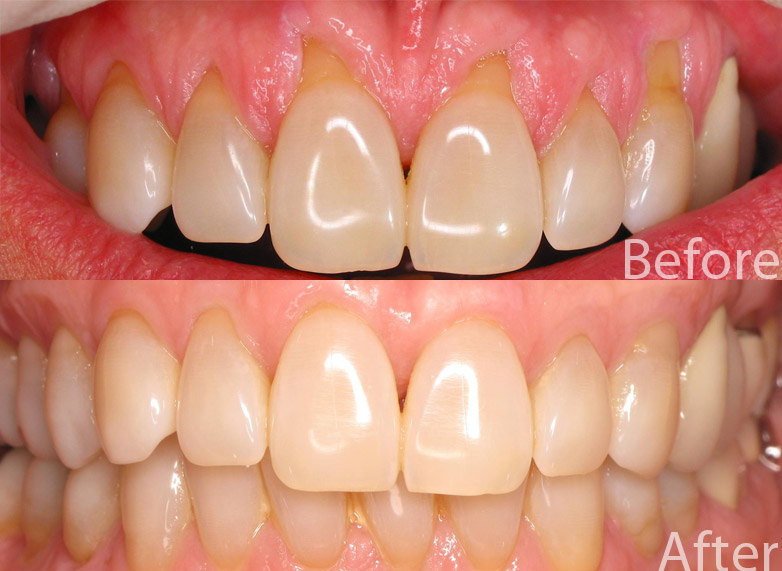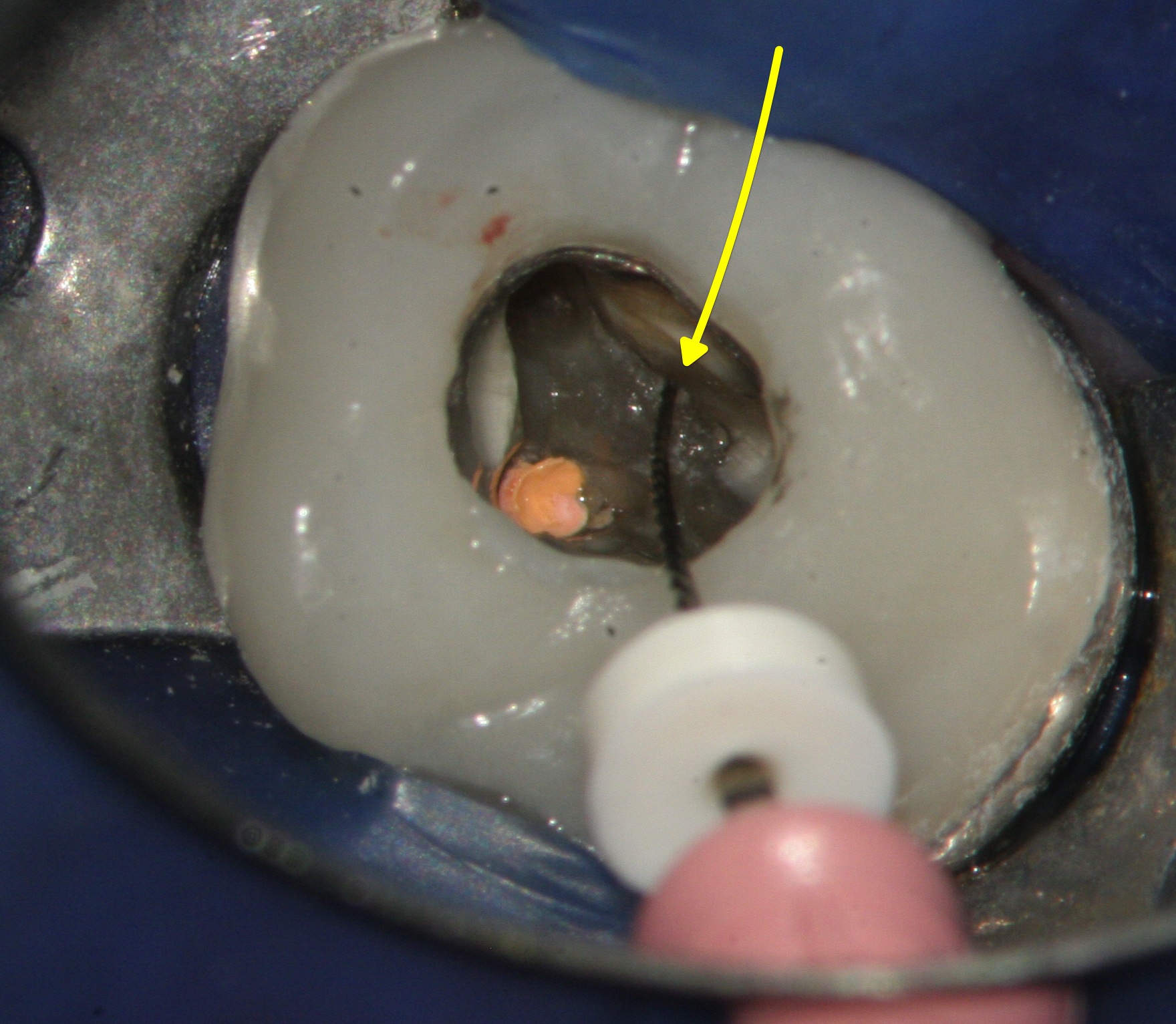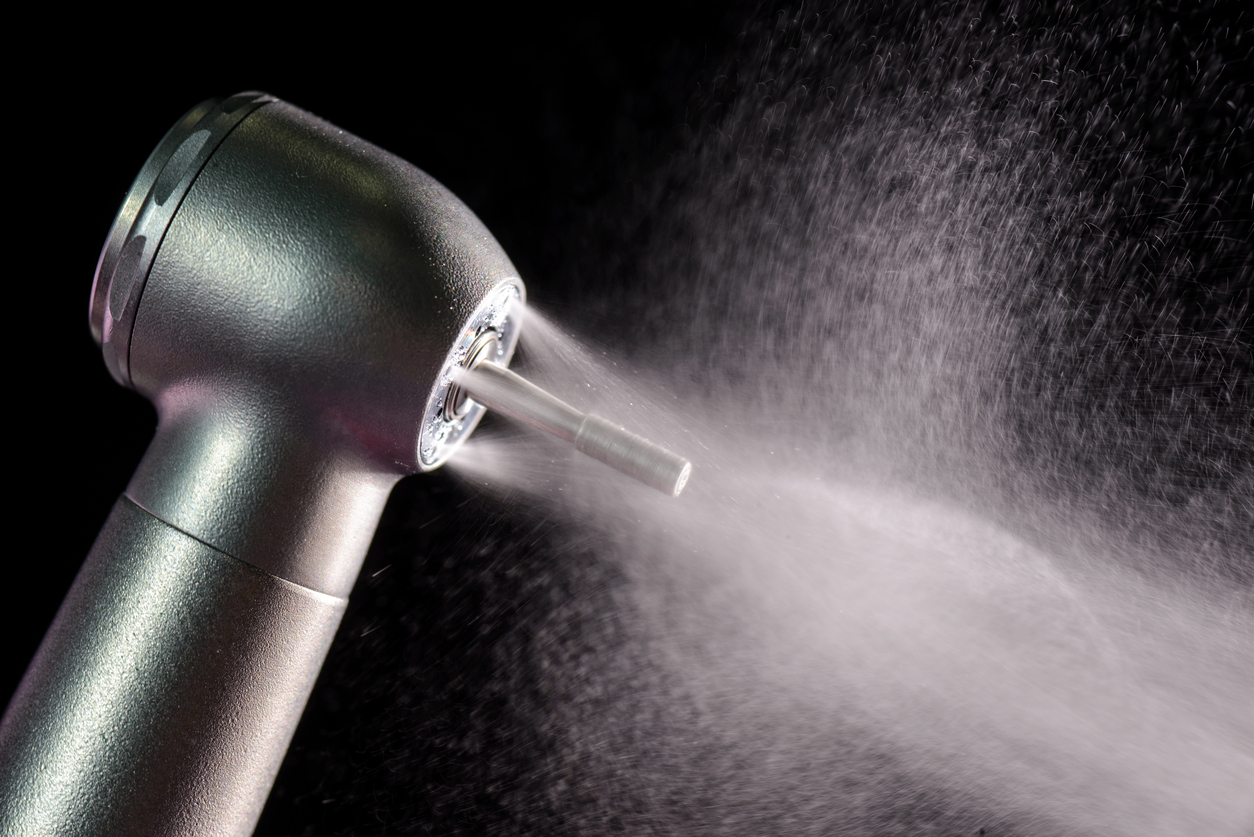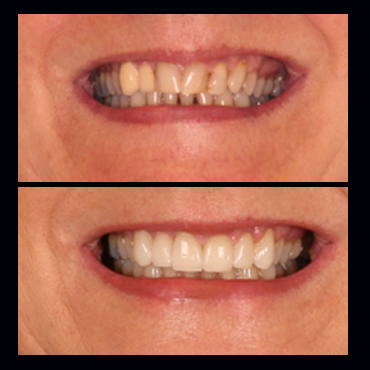
Understanding Gum Tissue Graft-Part II
22/01/2014
Root Canal Treatment: Facts and Myths- Part I
22/01/2014AIR ABRASION
Air abrasion is a drill-less dental approach that is used for the removal of tooth decay as well as for other purposes.
During the process, an instrument is used for spraying away dental decay. Typically, a stream of particles is focused on the decayed part of the teeth, which are composed of silica, baking soda as well as aluminum oxide. These particles are propelled toward the surface of teeth with the help of compressed air running through a special handpiece. Small decay particles on tooth surfaces are eliminated as the particles strike these surfaces. Eventually, decay particles are “suctioned” away by means of a special tube.
Air Abrasion and Safety Concerns
There is no doubt in the fact that air abrasion is a safe procedure. However, it is important to use proper eyewear for preventing any form of eye irritation that results from the spray. Using rubber dams is also needed for protecting mouth regions that don’t get proper treatment. Particle suctioning further prevents these particles from entering the lungs through breathing.

How Beneficial is Air Abrasion?
In comparison with the conventional drilling approach, this new method is beneficial in several ways. The procedure doesn’t generate any heat, pressure as well as sound. Furthermore, this process doesn’t depend on anesthesia, mostly when dental cavities are shallow. In addition to leaving a greater part of the healthy tissue behind, this procedure causes the working region to be fairly dry, which is a benefit while placing composite fillings. Air abrasion deceases the chances of tooth fracturing as well as tooth chipping, which is considered highly beneficial for dental fillings by some dental experts. Air abrasion helps ensure treatment in different parts of the mouth in a single dental visit. And another major benefit of the procedure is that it is simpler and quicker than the traditional drilling methods.
Are There Any Side Effects?
Just like many other procedures, air abrasion also has certain limitations. The process can be painful and the abrasive particles may cause the teeth to become sensitive. This procedure isn’t the most ideal treatment approach for deep tooth cavities. In fact, air abrasion is considered ideal for the removal of small cavities. Another limitation associated with air abrasion is that only composite fillings complement this procedure as these materials adhere properly to the smooth surfaces resulting from air abrasion.
It should be noted that this procedure is safe for use in young patients as well as patients with dental anxiety.
Air Abrasion and Complementary Procedures
This procedure can be performed together with other dental procedures. If the dentist wants to remove specific composite restorations from the existing ones, he/she may opt for air abrasion. Similarly, air abrasion can be used to complement a dental process that aims at preparing the teeth for bonding or dental sealants. Air abrasion is also used for eliminating stains as well as discoloration on the teeth.




